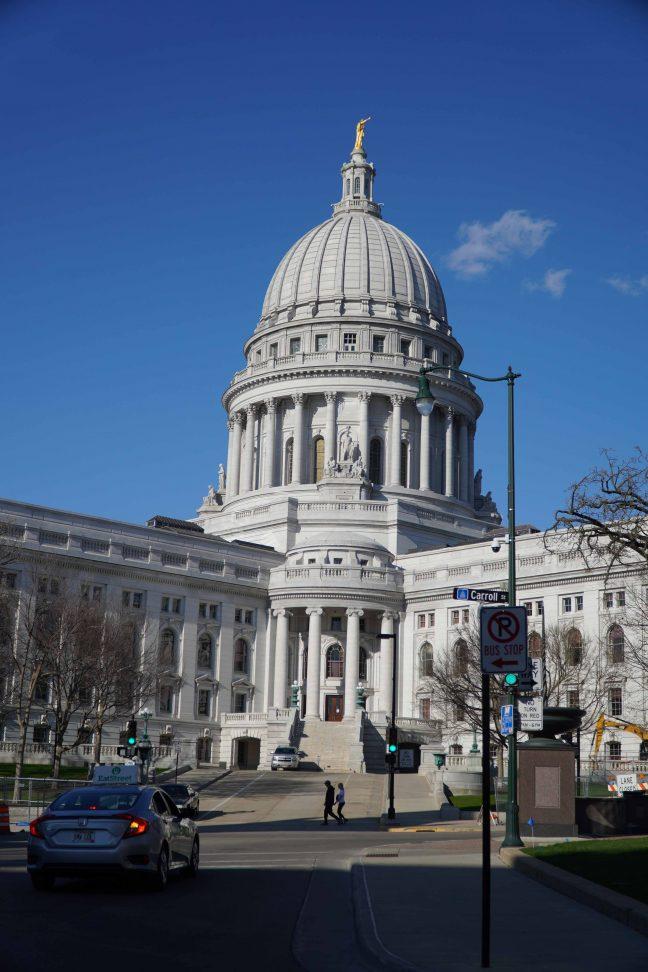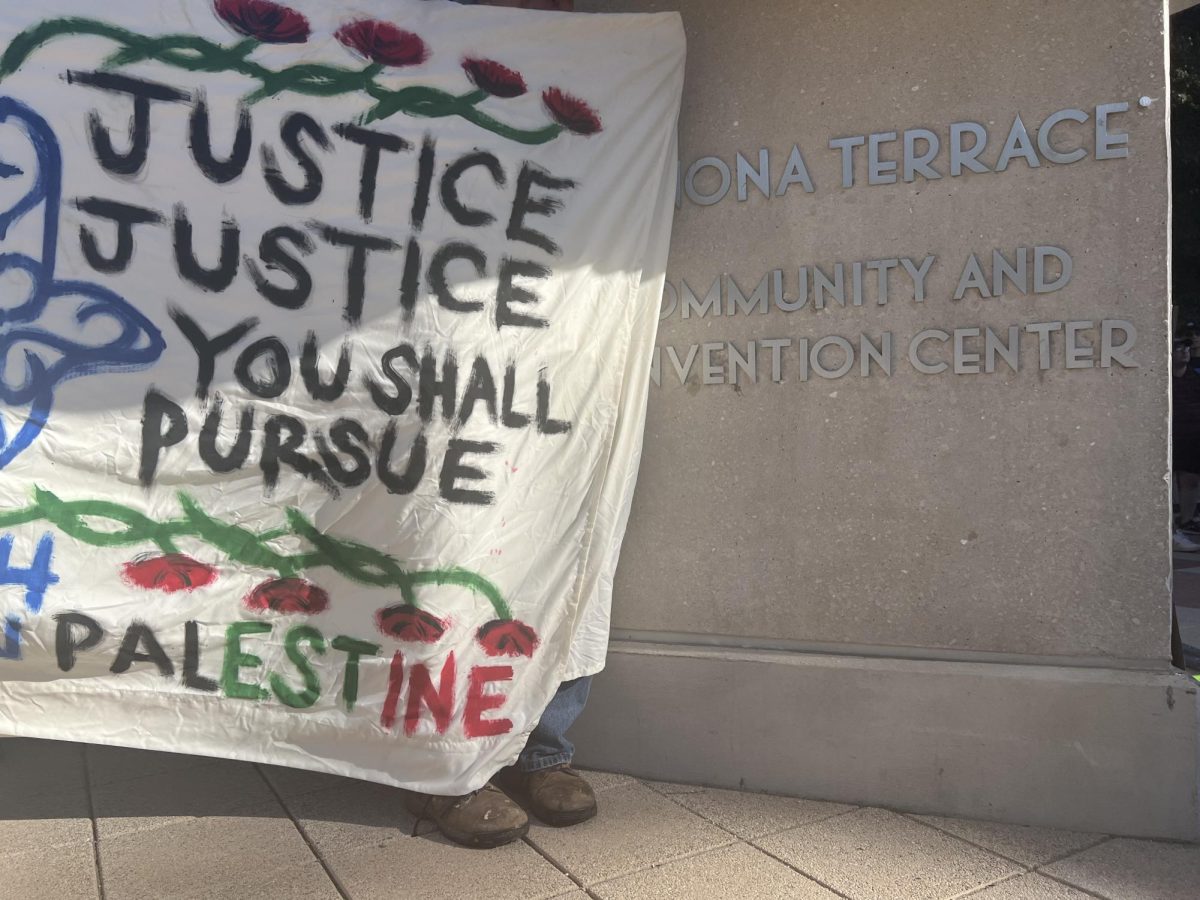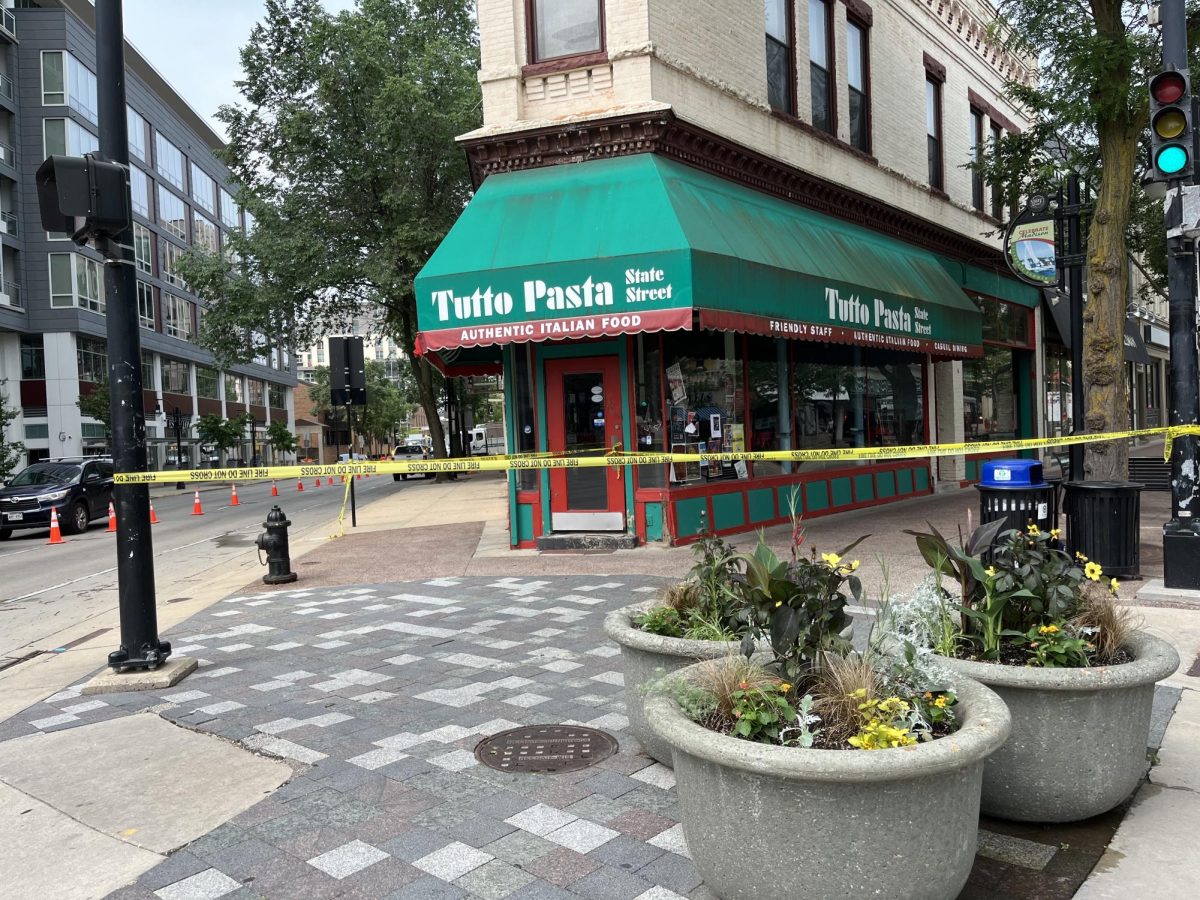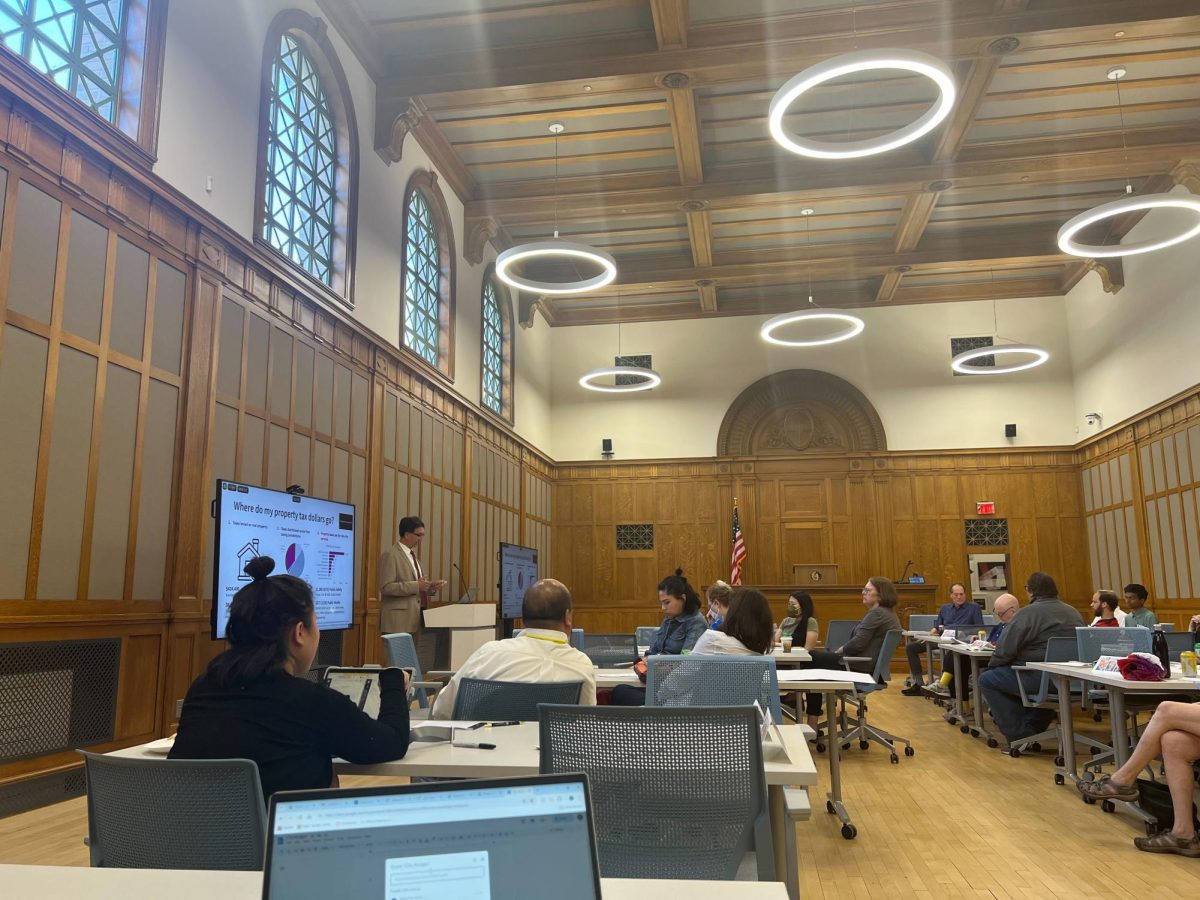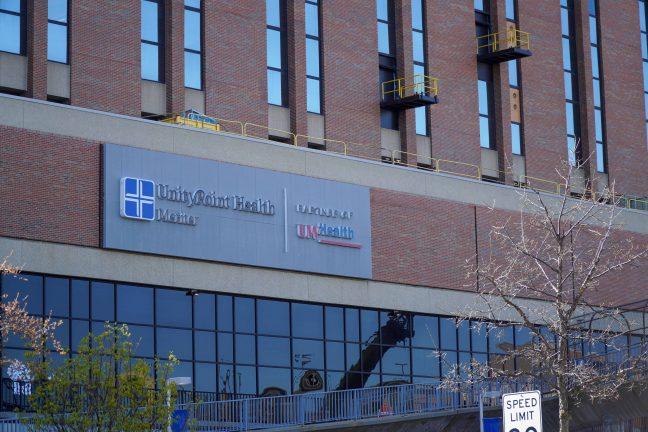New reports show bankruptcies in Dane County decreased in 2020 compared to 2019.
According to the U.S. Courts Administrative Office, only 28 business filed for bankruptcy in Dane County in 2020, down from 34 in 2019. Additionally, individual bankruptcies in Dane County fell from 773 in 2019 to 527 in 2020.
University of Wisconsin Center for Financial Security faculty director J. Michael Collins said this may simply be because institutions are being more lenient on both individuals and businesses during the pandemic.
“There were some specific things that happened in this pandemic where lenders were really forgiving, and in some cases, they were told by regulators that they needed to be gracious,” Collins said. “We saw lenders saying, ‘We’ll do a payment holiday,’ or ‘We’re going to restructure the loan.’”
Dane County releases new five-year violence prevention plan, student BIPOC coalition unimpressed
Adjunct Professor of Law Michael Richman teaches a bankruptcy course at UW Law School. Richman added this leniency is good for both landlords and businesses.
Richman said very few new businesses are starting up. Because of this, when a current business cannot afford to pay their rent, Richman said the landlord is better off by being lenient than evicting residents.
“Look at a hypothetical small business on State Street that leases their space from a landlord. The pandemic hits, and they’re required to shut down by government order,” Richman said. “They’re not making any money at this time.”
Most leases, according to Richman, have a force majeure clause in place that states when an extraordinary event occurs that affects the ability to pay, there is a release from the obligation.
With this, if a tenant feels the force majeure clause was violated, the tenant can bring the landlord to court. In order to avoid going to court, Richman said the landlord may be more lenient and forgiving.
“The other dynamic that I think is going on is, in the middle of a pandemic with everything being shut down, what difference does it make if you go to court to get a judgement for a small business that can’t pay and force them out?” Richman said. “Are you going to get another tenant right away? No way.”
Richman said in addition to this, there are government-ordered moratoriums throughout the country that prevent evictions and other enforcement actions during a period of time.
Aside from landlords being more forgiving for rent and other business transactions, banks are also working closely with their individual members to prevent bankruptcy.
Madison School District proposes early return to in-person learning, teachers union not ready
UW Credit Union branches are one of the many banks working with members to try to alleviate financial disruptions caused by the COVID-19 pandemic.
Whether it be through emergency loans or payment deferments, UW Credit Union Monroe Street branch manager Adam Fullmer says they’re trying to develop personal plans that address members’ current financial state.
“Preventing bankruptcy is a shared goal,” Fullmer said in an email to The Badger Herald. “There are always signs that a member may be headed down that path. But with so many families reeling from unexpected financial decisions, our job is to make sure those warnings signs aren’t overlooked.”
Richman said the timeline of every case of economic dislocation is different. During financial distress, bankruptcies can be seen almost immediately or over a larger period of time.
Collins said there is a long process involved with bankruptcies, so it is possible we haven’t seen the full effects of the pandemic at this time.
“It is a legal process,” Collins said. “Trustees have to sort out who gets what in the case of a bankruptcy, and that process takes a while, so there’s usually a lag.”
Collins said there is a subset of people, including lower-wage workers and workers in the service industry, for whom it is unclear how quickly they will return to work.
Collins said this group tends to be young women who are primarily people of color.
“From the end of 2021 to early 2022, we may still see a rise in bankruptcies for that group particularly,” Collins said.
In addition to bankruptcies, there are other factors that can indicate economic distress, Collins said.
For example, mortgages, student loans or auto loans can be potential indicators of the current economic state. Collins said there has been no rise in those categories either, which may be because of the loan holidays lenders are giving.
“When we think about Madison specifically, we have a pretty good economy,” Collins said. “We have a lot of people in jobs that can easily be done from home, but we also have a lot of service industry workers as well. It’s really a tale of two cities.”









